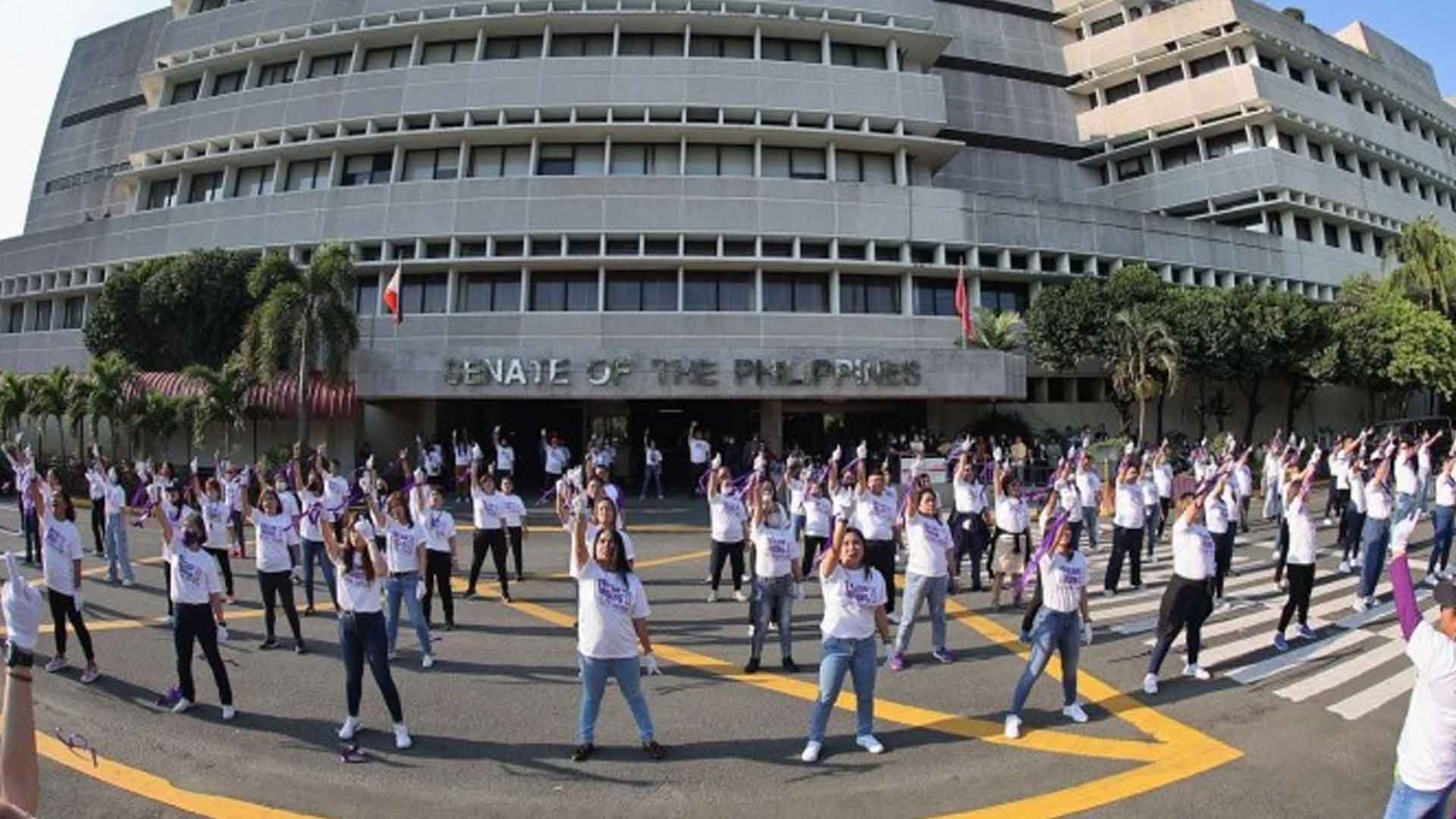The Senate’s responsibility in promoting women’s rights and addressing gender-differentiated needs should extend beyond crafting laws.
Senator Risa Hontiveros said they must ensure that more women occupy leadership positions.
“We shouldn’t just stop at passing laws for our women. We should make it our responsibility to ensure that more women are also in leadership positions, more women who intimately know the lived experiences of being a woman,” she said in a news release on Tuesday.
“When we have the different perspectives of different kinds of women in decision-making spaces and in all levels of governance, we would be more able to live out true gender equality and empowerment for all.”
Hontiveros is representing the Philippines in the Global Conference of Parliamentarians on Population and Development in Tokyo, Japan on April 24-26.
The event is organized by the Asian Population and Development Association, Asian Forum of Parliamentarians on Population and Development Japan and Parliamentarians Federation for Population, and supported by the Ministry of Foreign Affairs of Japan, United Nations Population Fund, and Japan Trust Fund.
Hontiveros, chairperson of the Committee on Women, Children, Family Relations, and Gender Equality, also said the coronavirus disease 2019 (Covid-19) has exposed the social inequalities that exacerbated the gaps and challenges facing women’s rights and gender equality in the Philippines.
“Our country was known to have the longest and strictest lockdown in the world. The consequences of this were most felt by the most vulnerable among us, especially our women and children,” she said.
Hontiveros has filed the Gender Responsive and Inclusive Emergency Management Act to prevent and respond to the gendered issues that women and girls face.
The bill aims to craft a national preparedness and response plan that addresses the differentiated issues and needs of women; prioritize women and girls in emergency response, especially those who are at the most risk; strengthen gender-based violence preparedness and response systems by ensuring that gender-based violence services remain accessible and unimpeded; guarantee the availability of sexual and reproductive health goods and services; ensure the continuity and availability of mental health services; improve education systems’ responsiveness to emergencies that consider the obstacles in education; and institutionalize protections for women migrant workers and their children, rural and indigenous women, and locally stranded women.
“This bill arises at a critical time as we begin to see the end of Covid-19 policies in our country. It is an opportune time to revisit our country’s emergency management system to determine whether or not the more vulnerable among us falls through the cracks,” she said in her sponsorship speech on March 8, the International Women’s Day. (PNA)




















